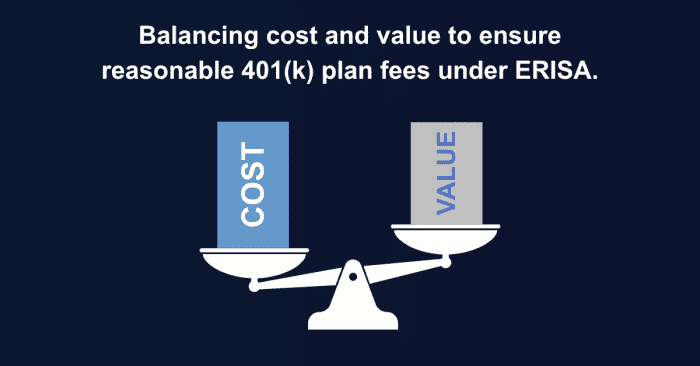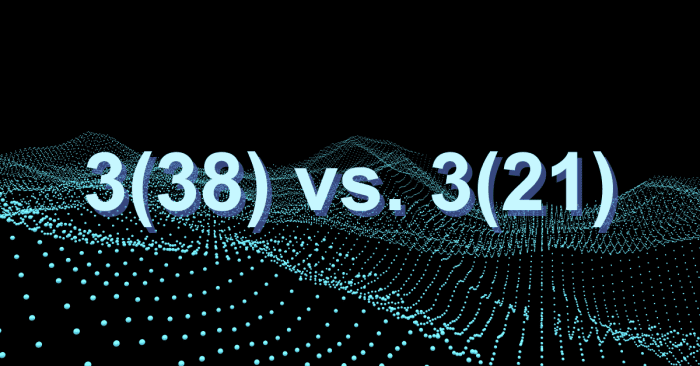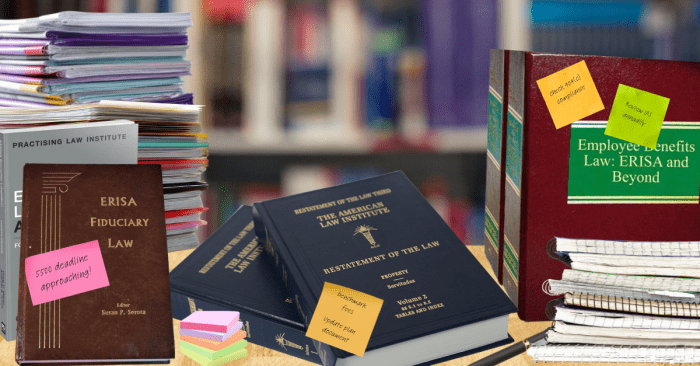Reasonable Doesn’t Mean Cheap: What ERISA Actually Requires of Your Plan Fees
Understanding the True Meaning of “Reasonable” Under ERISA
When it comes to 401(k) plan management, “reasonable fees” is one of the most misunderstood phrases in the ERISA world. Too often, plan sponsors assume that keeping costs as low as possible fulfills their fiduciary duty. But ERISA doesn’t say lowest. It says reasonable—and that distinction matters.

Reasonableness is about value, not price. A plan sponsor’s duty isn’t to find the cheapest provider, but to ensure participants receive quality services at a fair cost. Under ERISA, your role is to act prudently, evaluate the services your plan is paying for, and confirm that those services are in the best interest of participants.
What “Reasonable” Really Looks Like
A plan charging slightly higher fees for robust participant education, proactive plan management, and one-on-one financial guidance could easily meet the “reasonable” standard. Meanwhile, a low-cost plan with minimal oversight and no fiduciary support might fail it completely.
The Department of Labor and the courts have made it clear: the focus is on process, not just numbers. Sponsors must evaluate:
- The quality and scope of services being provided
- Whether participants are benefiting from those services
- How those fees compare to similar plans in the market
If you’re not sure how to measure that, you’re not alone. Many plan sponsors don’t have the expertise—or the time—to perform a comprehensive benchmarking and fiduciary review. That’s where ERISA 402(a) Named Fiduciary support comes in.

Why Delegating Fiduciary Oversight Matters
An independent fiduciary service can take on the burden of fee monitoring and documentation, ensuring that every cost is defensible under ERISA. By outsourcing to an ERISA 402(a) Named Fiduciary, plan sponsors transfer fiduciary risk and gain access to expertise that helps maintain procedural prudence.
This kind of fiduciary risk transfer for retirement plans allows business owners and HR teams to focus on what they do best—while experts handle benchmarking, fee analysis, and ongoing fiduciary compliance.
It’s not about giving up control. It’s about ensuring that the right professionals are accountable for the right decisions. That’s smart governance, and it’s exactly what ERISA intended.
How to Evaluate Your Plan Fees Today
If you haven’t reviewed your plan fees recently, start here:
- List all service providers and what they’re paid.
- Identify who performs fiduciary oversight—is it you, or have you delegated that duty?
- Compare services and costs with industry benchmarks.
- Document your process and decisions.
And if you’re unsure where to begin, outsourced retirement plan fiduciary management can help. At Fiduciary Wise, we serve as an independent 402(a) Named Fiduciary, ensuring your plan is both compliant and cost-effective.
The Bottom Line
Fee reasonableness isn’t about chasing the lowest number—it’s about protecting your plan and your participants through fiduciary prudence. By partnering with an experienced, independent fiduciary, you can ensure your plan meets ERISA’s standards, reduces liability, and delivers lasting value.




